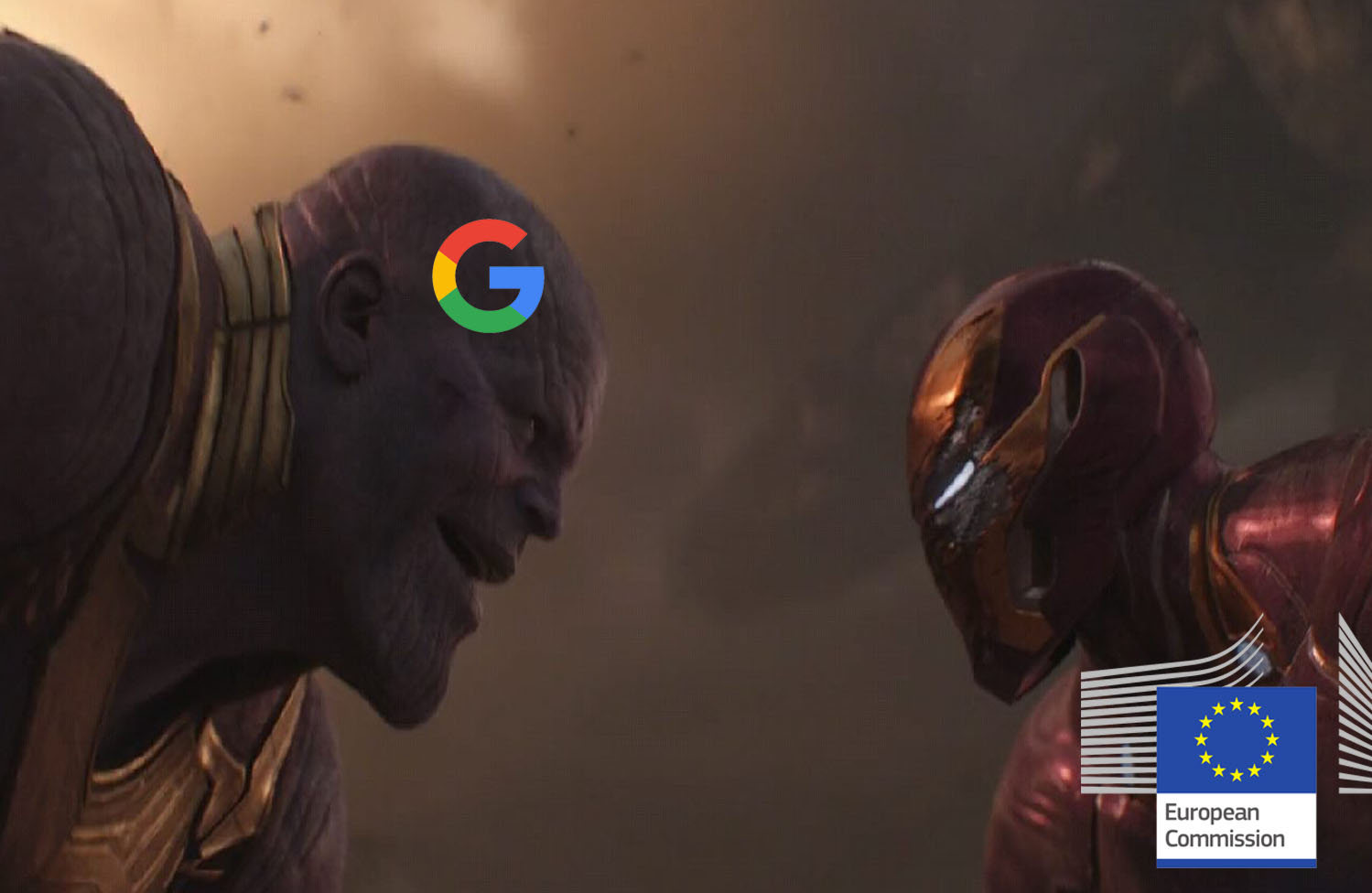You know that shady character that lives down the street from your apartment, and every time you see him, you give him the change in your pocket, but you always question what he’s really up to? Well, that may be due to a number of reasons, namely that something may have occurred in your childhood which has subsequently caused you to either fear the homeless or have trust issues. In some scenarios, an individual could have both fear and mistrust in their hearts.
As time has progressed and technological advancements have followed suit, societal trust in tech companies has dwindled. Though we expect the brilliant minds of this generation and the next to pioneer technologies to improve our lives for the better, secretly, like the man down the street, we question what they’re really up to.
Back in December, just before the strike of the new year, Google (GOOGL), the Company heralded for providing the world with access to information in less time than it takes America to forget about a natural disaster, shared with the world that the personal data of 52.5 million Google + users was comprised due to a bug discovered in connection with a Google + API. Suffice to say, the search engine-backed tech behemoth quickly addressed the issue, especially given the rising fears of consumers in regards to what websites do with their personal data.
It seemed, at least for the last few months, that Google (GOOGL) was in the clear. The Company yesterday made headlines with its announcement
Per the details of the official announcement, with Stadia, YouTube watchers will be able to click “Play now” at the end of a video and their game will start within five seconds. Perhaps the craziest part about Stadia is that the “data center is the platform,” meaning that players can start at one platform and continue where they left off on any advice capable of connecting to Google.
However, we’ve come to learn that behind all the glitz and glamor, some tech companies are always up to no good. On Wednesday, the European Commission slapped Google (GOOGL) with a fine for breaching EU antitrust rules. According to the official press release regarding the matter, Google has abused its market dominance by imposing a number of restrictive clauses in contracts with third-party websites which hinders any rival of the Company from placing their own ads on these sites.
In other words, Google (GOOGL) has structured the online advertising playing field in their favor.
“Today the commission has fined Google €1.49 billion for illegal misuse of its dominant position in the market for the brokering of online search adverts. Google has cemented its dominance in online search adverts and shielded itself from competitive pressure by imposing anti-competitive contractual restrictions on third-party websites. This is illegal under EU antitrust rules. The misconduct lasted over 10 years and denied other companies the possibility to compete on the merits and to innovate – and consumers the benefits of competition…”
–Margrethe Vestager, Commissioner, European Commission
The European Commission shared that over the course of the last few years, through AdSense for Search, Google (GOOGL) has held market shared above 90% in the national markets for general search, making it near impossible for competitors in online search advertising to sell ad space within Google’s search engine results pages.





